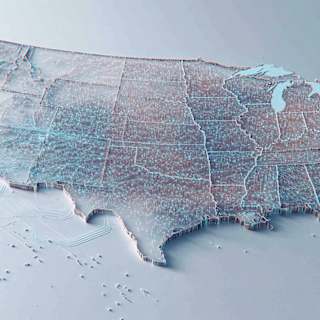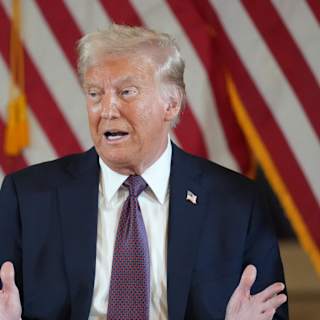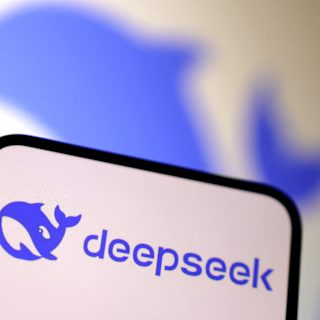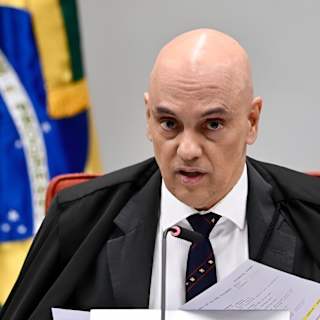- Secret Assurances to Tech Companies
- Legal Limbo Continues
- High Stakes Gamble
Newly released Justice Department letters reveal the government privately assured Apple, Google and other major technology companies they would face no legal consequences for keeping TikTok available to American users, despite a federal law banning the Chinese-owned app.
The correspondence, obtained through a Freedom of Information Act request and made public Friday, offers the first detailed look at how the Trump administration has shielded tech companies from liability under the Protecting Americans from Foreign Adversary Controlled Applications Act while publicly maintaining that enforcement remains a priority.

The letters, authored by Acting Attorney General James McHenry III and his successor Pam Bondi, explicitly promised companies including Apple, Google, Amazon and Microsoft that the Justice Department would not pursue enforcement actions against them12. The April 5 letter from Bondi went further, stating the department was "irrevocably relinquishing any claims the United States might have had against" the companies for conduct during the covered periods2.
The documents also pledged federal intervention to block third-party lawsuits against the companies, according to the letters shared by law professor Alan Rozenshtein2. Zhaocheng Anthony Tan, a Google shareholder who filed the FOIA request, successfully forced the release of the correspondence1.
The revelations explain why TikTok has remained operational on U.S. app stores despite the ban law taking effect January 19, 20251. President Trump has issued three separate 75-day enforcement delays, with the current deadline set for September 1712.
Trump's administration has justified the non-enforcement by claiming the law interferes with presidential authority over foreign affairs under Article II of the Constitution3. However, legal experts have questioned whether companies can rely on these promises, given the potential for hundreds of billions in penalties under the act4.
The law requires U.S. firms to stop providing services to TikTok or face fines of up to $5,000 per user4. With TikTok's 170 million American users, the financial exposure could prove catastrophic for even the largest technology companies4.
Oracle and cloud provider Akamai have taken the most aggressive stance by continuing to provide infrastructure services to TikTok based on the immunity letters1. App store operators Apple and Google initially maintained compliance with the law before gradually restoring TikTok services2.
The immunity promises create what one analysis called a "remarkably risky bet" for companies, as established legal doctrine offers little protection for defendants relying on non-enforcement promises1. The administration has said it expects details about TikTok's potential new ownership structure to emerge within two weeks2.



